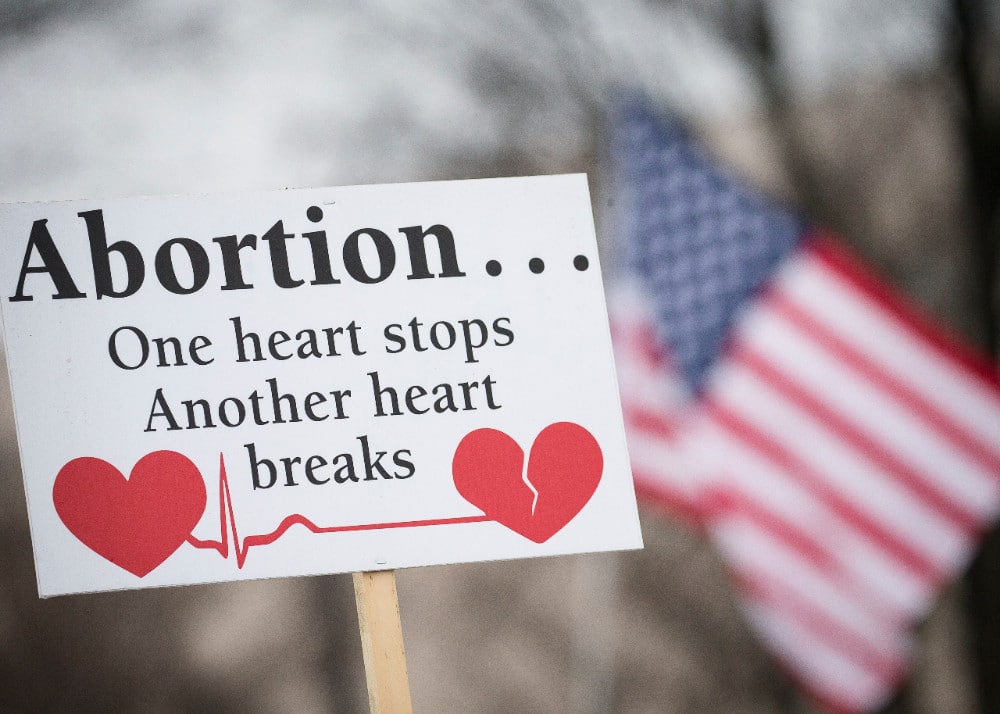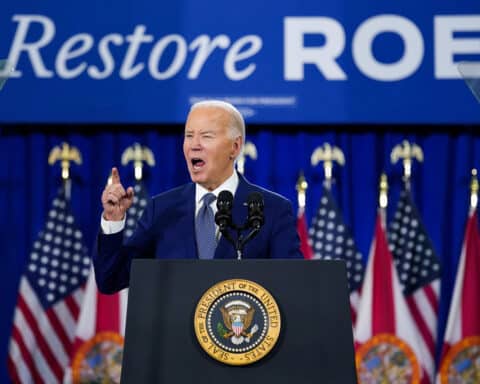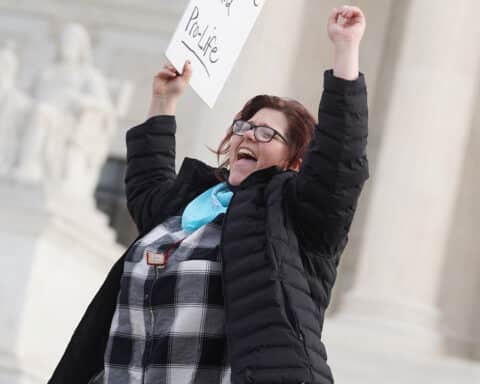
Pope Francis has never addressed tax policy in this country. His predecessors never spoke about taxation in the United States, but he has been utterly blunt, as were they, in condemning abortion as gravely immoral.
Additionally, since abortion has been legal in this country, since 1972, Catholic bishops successively and consistently, without one exception, have denounced abortion.
The president’s claim was totally ridiculous, but the question rises: How should Catholics react to public policies that enable abortion? Should they allow their hard-earned dollars to pay for activities obviously immoral?
The overall moral principle, long taught by the Church, is that citizens are obliged to support the services and functions of the government.
For generations, laws in this country have dealt, usually decisively, at times harshly, with citizens who refuse to pay taxes. Absolute rejection of the obligation to pay taxes is serious business. On more than a few occasions in history, certain Americans have refused, or tried to refuse, to pay taxes because proceeds from monies obtained by taxation funded certain activities judged by some taxpayers to be evil.
During the Vietnam War, more than 50 years ago, some Americans who opposed the war calculated, using the federal government’s published budget, that a given percentage of government money went to pay for the fight in Vietnam. These citizens took this figure and deducted a similar percentage from what they paid in income taxes.
Arguments were raised about freedom of conscience and about privileges drawn from constitutional guarantees of freedom of religious expression. People cited their religious belief that warfare is fundamentally evil.
Not to use a pun, but the courts shot them down, at once, in every single case, ruling that in this society, citizens cannot refuse to pay taxes because they object to how tax money is spent. Courts were tough. Pay the taxes or pay the fines or even go to jail.
The same consequence might follow were a citizen today to decline to pay a portion of her or his taxes on the grounds that revenues collected in the process would provide abortions.
What then can be done? How can Americans who respect the dignity of human life, and specifically unborn human life, assert their beliefs?
First of all, be willing to comment on the subject. Amazingly, so many Americans who argue for abortion utterly ignore the basic point. Abortion deliberately destroys innocent human life. It is not a question of personal rights or preference.
The constant bottom line in the nation’s long debate about the propriety, or impropriety, of abortion on demand, or of any matter, is and always has been popular opinion.
Try to convince people — friends, neighbors, relatives — that abortion destroys human life. Period. This is important. Last June, in its famous Dobbs decision, the Supreme Court in fact preserved the legal possibility of abortion in this country, contrary to what many think. It did not outlaw abortion. Read the opinion. Google it. It left the question to the people, in the individual states, acting through their established processes of making laws.
Consequently, some states have forbidden abortions within their borders, but others allow it. People, speaking through their legislatures, or directly in referenda, have made their opinions known. In November, majorities of voters in California, Kentucky, Michigan, Montana and Vermont opted for legal abortion. Earlier in the year, voters in Kansas took the same course.
Change popular opinion.
Msgr. Owen F. Campion is OSV’s chaplain.





